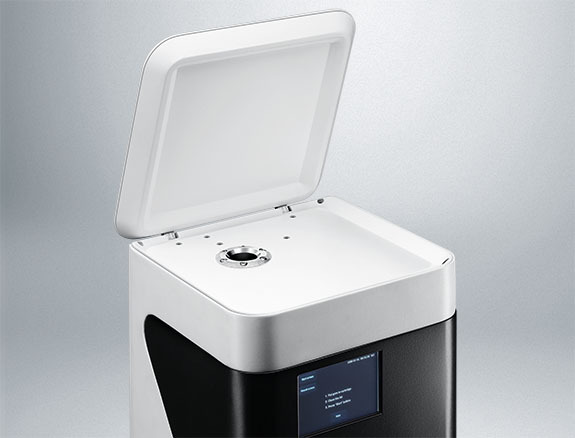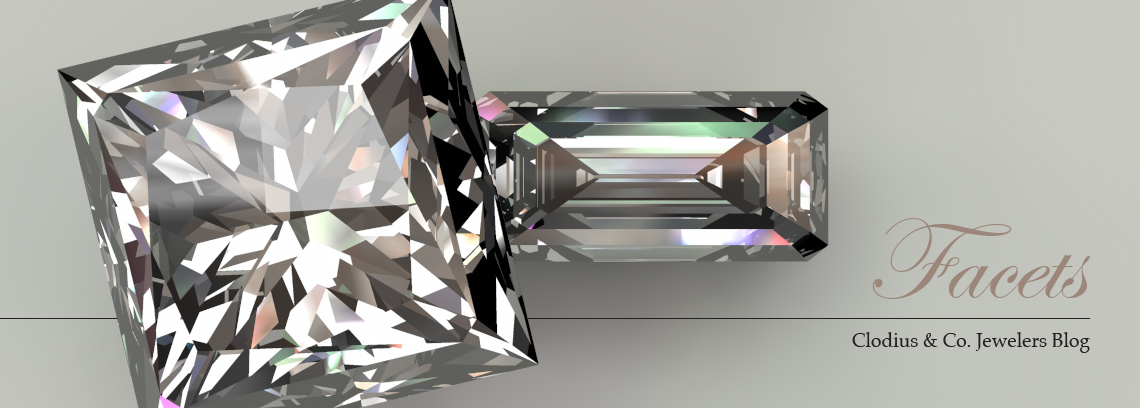Jewelry Blog Rockford, IL
Alrosa Introduces 3D Nanomarking Technology to Secure Info About a Diamond's Origins July 13, 2021
Russian mining giant Alrosa has just introduced a non-invasive, three-dimensional laser marking technology that will provide detailed information about a diamond's origins.
Unlike common laser inscriptions that are applied near the surface of a diamond, this new marking cannot be destroyed or polished off because the laser nanomark code is imprinted inside the crystal lattice and across the atomic structure of the entire diamond. The code is only visible using a special scanner.

“Guided by growing market demand, we are focusing our efforts on tracing and guaranteeing the origin of our diamonds,” commented Alrosa CEO Sergey Ivanov. “As the world’s largest vertically integrated diamond-mining company, Alrosa is in a unique position. With access to the full cycle of manufacturing, we have all the necessary information about our polished diamonds and the rough diamonds from which they were cut.”
The three-dimensional code, which is linked to Alrosa's Provenance platform, will offer in-depth information about the diamond's origin and characteristics, as well as a unique identification number, photo, video and details about how it has been cut. The digital passport will also include details of the socio-economic benefits associated with the diamond's production.
Scientists believe that, as the technology evolves, it is likely to become an important way of embedding large amounts of data within the diamond, including media files, images and music.
The new technology was developed with the help of scientists from the Russian Academy of Sciences, as well as Alrosa's Research Geological Enterprise (NIGP) and the Yakutniproalmaz Institute.
According to Oleg Kovalchuk, PhD, who supervises the project at the Yakutniproalmaz Institute, “A nanomark is applied using a laser pulse of a certain wavelength, intensity and duration. This causes nanoregions to form across the entire crystal, which can only be viewed with a scanner created specifically for reading the marks. As such, we have now developed standardized procedures for embedding information and marking a rough diamond with a distributed mark to identify it.”
Credits: Images courtesy of Alrosa.
About the Author
With over 250 years of combined experience, our staff truly understands why you purchase jewelry, and what it means to you. Clodius & Co. is known as Rockford's custom jeweler and more. Why? Because we like to get acquainted with our customers while we help them select or create their jewelry.
Other Recent Blog Entries
Your Forever Begins This Summer—Say Yes with Clodius & Co.
Celebrate Every Kind of Dad – Watches & Handmade Gifts at Clodius & Co.
Gift with Purchase – A Special Valentine’s Offer
New Year, New Jewels: Start 2025 with Sparkling Style
The Enchanting World of Peridot: Discover Its Unique Beauty at Clodius & Co.
















